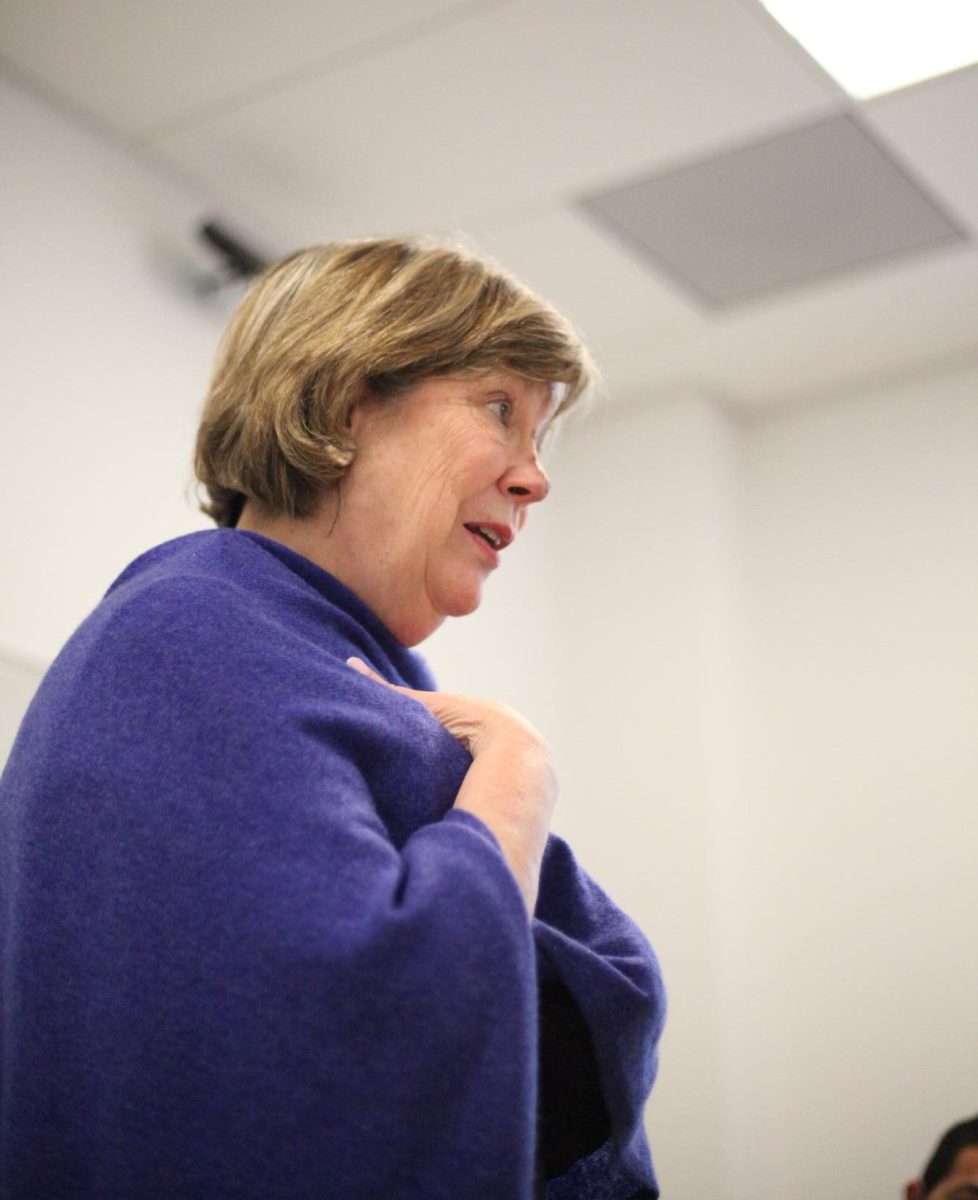Amidst the financial crisis the nation has been experiencing since the COVID-19 pandemic began, schools have been suffering significant budgetary losses while trying to adapt to online learning. While budget cuts are an increasingly prominent issue in some departments, other programs are experiencing financial issues of a different nature. Specifically at Sonoma State University, much of the recent financial conflicts have stemmed from a mishandling of funds in the theater department.
Though the Arts and Humanities program has been experiencing financial cuts along with the rest of the school’s programs, it has one of the highest budgets on campus. This high grossing program has been under fire recently due to allegations surrounding the misuse of funds, specifically student fees.
Dean of the School of Arts and Humanities at Sonoma State Hollis Robbins explains the complicated circumstances: “The question of student fees is complicated because there is such a gray area about what student fees for the Center for Performing Arts can be used for. The regulations are so broad. Somebody could say that we could support students in the film program, and other people could say that would be a misuse of funds.”
According to the SSU Student Briefing from 2019, the theater department is able to use student fees to provide experiences, “…in individual and group performances before audiences and in settings sufficiently varied to familiarize students with performing,” as well as providing, “…basic support of theatrical and operatic activities sufficient to permit…elements considered a part of professional training in these fields.”
While the regulations are vague in what is considered “basic support,” it is fair to assume that said support does not include nepotism, as the department has been accused of. Many of the allegations involve faculty members paying themselves, family, or friends more than their salary allowed for. However, these allegations remain just as rumors.
Assistant Vice President for Strategic Communications Julia Gonzalez explained, “There are a number of misunderstandings about the use of funds in the Center for Performing Arts. The School of Arts and Humanities, Senate leadership, and the Provost’s Office are collaborating to increase transparency regarding how student fees are used in the Center.”
These rumors open up a door to another conversation—one that focuses on the students of the program. One may wonder whether the wrongfully repurposed funds could have helped in creating a more worthwhile experience for performing arts students.
Armando Ramos, a theater student at SSU, expressed, “As a transfer student, I chose to come to Sonoma specifically because I heard great things about the theater program and I thought I’d get a ton of support and opportunities from the staff and school. But, with the budget cuts, it’s kind of hard for that idea to come into fruition. I definitely believe that if there weren’t budget cuts, I’d have more opportunities to act and do what I love. I’m not sure if I would have decided on SSU if I knew we’d be having such bad budget cuts.”
Many students have been feeling neglected since classes moved online and feel that they are being cheated out of a proper education, especially since most schools have not lowered their tuition. With the budget cuts that universities are facing, many students feel even stronger about their education not living up to its potential.
Regarding the budget cuts and students’ discontent, Robbins stated, “The best thing we can do for students is ensure they graduate on time and get them launched into their career or graduate school. Everybody is having a hard time with the budget and with COVID-19. How do we get our students launched? That should be the conversation.”
Though the university’s recent priority seems to be the dropping enrollment rate, there is still a question of whether certain programs are prioritized over others when it comes to funding.
“Program evaluation is a tool we will consider moving forward, however, our top and most impactful priority is to make a coordinated and concerted effort to increase SSU enrollment,” said Gonzalez. “There is a plan to resolve the deficit for the 2021-2022 year utilizing Higher Education Emergency Relief Funding (HEERF), campus reserves, division year end balances, and anticipated one-time savings in the current year.”
While programs across campus are doing what they can to keep up with these cuts, there isn’t much to be done concerning allocation of funds. Faculty seem to be doing their best to resolve the issues that have recently been brought to their attention, though it may be hard to see in the midst of all the chaos.




































